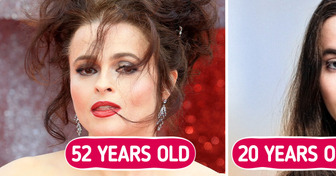“Looks Like a Dude,” Jennifer Lopez’s Gender-Neutral Child Sparks Heated Debate Over Striking Body Modification

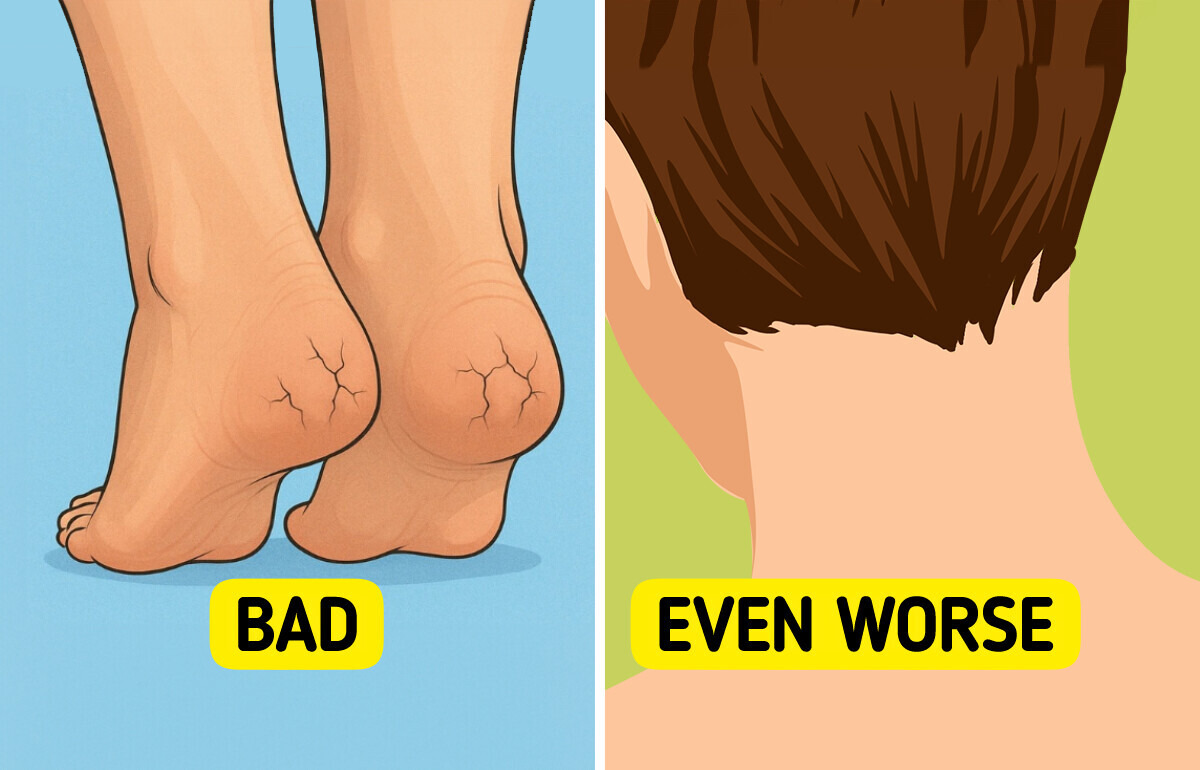
Keeping an eye on your blood sugar levels isn’t just important for those with diabetes — it matters for everyone. Even if you haven’t been diagnosed, shifts in blood sugar can quietly affect your energy, mood, skin, and overall well-being. Over time, these imbalances may lead to more serious health issues. That’s why it’s worth paying attention to the early signals your body sends. Here are some common signs that your blood sugar may be out of balance.
Content is provided for informational purposes only and is not intended as a substitute of medical advice. Seek guidance from your doctor regarding your health and medical conditions.
Blood sugar and acne are closely related. Stabilizing blood sugar levels and maintaining a balanced diet may play an important role in supporting clearer, healthier skin.
Constant thirst is a classic diabetes sign caused by too much sugar in your blood. This symptom often comes with frequent urination, as your kidneys work harder to filter out the sugar. They also pull more fluids from your tissues, which is why you have to go to the bathroom more often than usual. You have to drink more to replenish the liquids you are losing. Without doing so, you can feel dizzy and become dehydrated.
Feeling dizzy or shaky can be a sign of low blood sugar or hypoglycemia. It can happen after you eat a meal that has a lot of simple sugars, if you miss a snack or don’t eat a full meal, if you eat later than usual, or if you drink alcohol without eating any food. Don’t skip meals if you have diabetes, particularly if you’re taking diabetes medications.
Uncontrolled blood sugar can cause nerve damage, also known as diabetic neuropathy. A typical symptom is a tingling sensation or numbness in your hands and feet. Some people experience pain in their hands and feet as well, and the pain is often worse at night.
Cuts, scrapes, bruises, and other wounds heal more slowly in the presence of uncontrolled blood sugar. Diabetes causes nerve damage and affects circulation, especially in the lower legs and feet, which can delay healing because there isn’t enough blood flow to the area. Even minor wounds are more prone to infections, so pay attention to them.
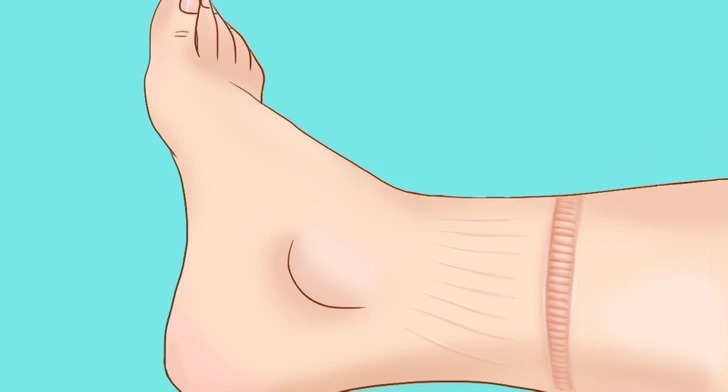
If you have high blood pressure as well as diabetes, the two conditions can damage the kidney’s ability to filter wastes and fluid over time. As water builds up in your body, your hands and feet may swell, a warning sign that you may have kidney disease. Work with a nutritionist to keep your blood sugar under control.
Fatigue and extreme tiredness are symptoms of uncontrolled blood sugar. When sugar is staying in your bloodstream instead of being delivered to your body’s cells, your muscles don’t get enough fuel to use for energy. You might feel only a little tired, or your fatigue might be so bad that you need a nap.
Many people with uncontrolled high blood sugar find that they’re hungrier than usual. Although you’re eating more, you may be losing weight for no apparent reason if your blood sugar levels are too high.
If you have Type 2 diabetes, your body doesn’t use insulin effectively and can’t transport glucose to your cells. Instead, the glucose builds up in your blood. Your body creates energy by burning fat and muscle at a rapid pace. This causes unexplained weight loss.
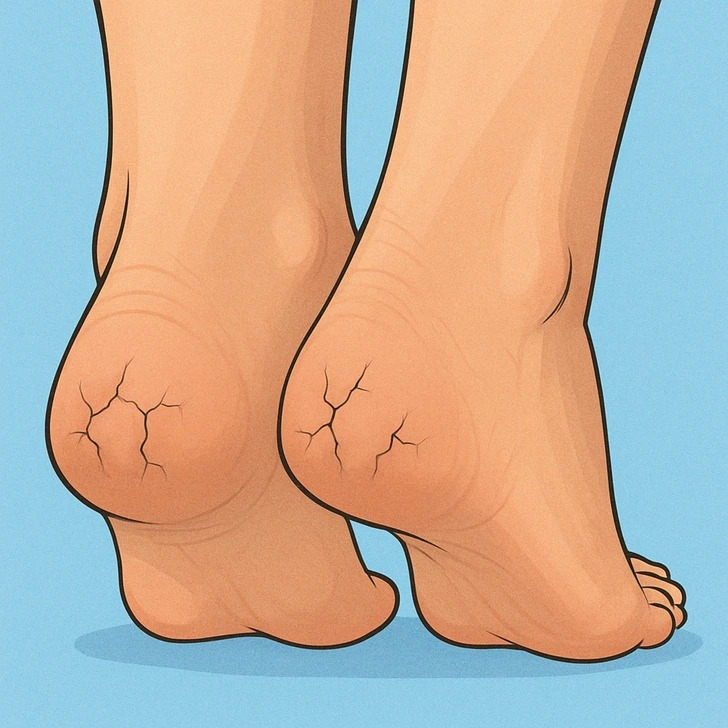
Blisters, infections, dryness, itchiness, discolorations, and abnormalities of the skin can all be warning signs of high blood sugar. Check with your doctor if these skin changes develop.
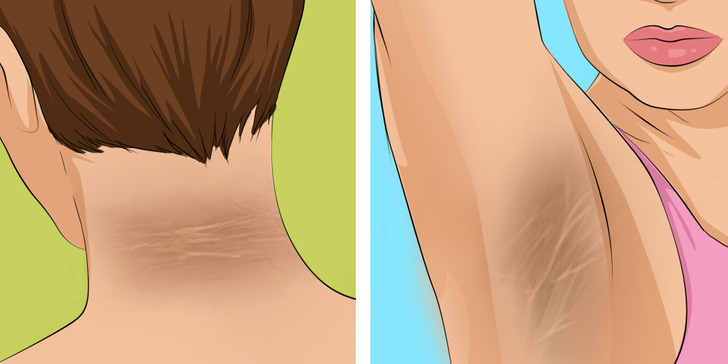
A dark, velvety area of skin that appears on the neck, armpits, groin, or other parts of the body could be an early indicator of prediabetes. This skin condition, called acanthosis nigricans, is often linked to insulin resistance and may signal an increased risk of developing diabetes.
While it can occasionally occur in people without any underlying health conditions, it is commonly associated with elevated blood sugar levels. If you notice these changes in your skin, it’s important to seek advice from a dermatologist.
Pay attention to all of these symptoms and consult your doctor if you experience them. If you have Type 2 diabetes, follow your doctor’s treatment plan. Take your medicine, eat a healthy diet, and exercise to keep your blood sugar levels in check. And don’t forget to test your blood sugar regularly so you know that it’s staying in the recommended range.
Pay attention to other health conditions your skin may be trying to warn you about.








